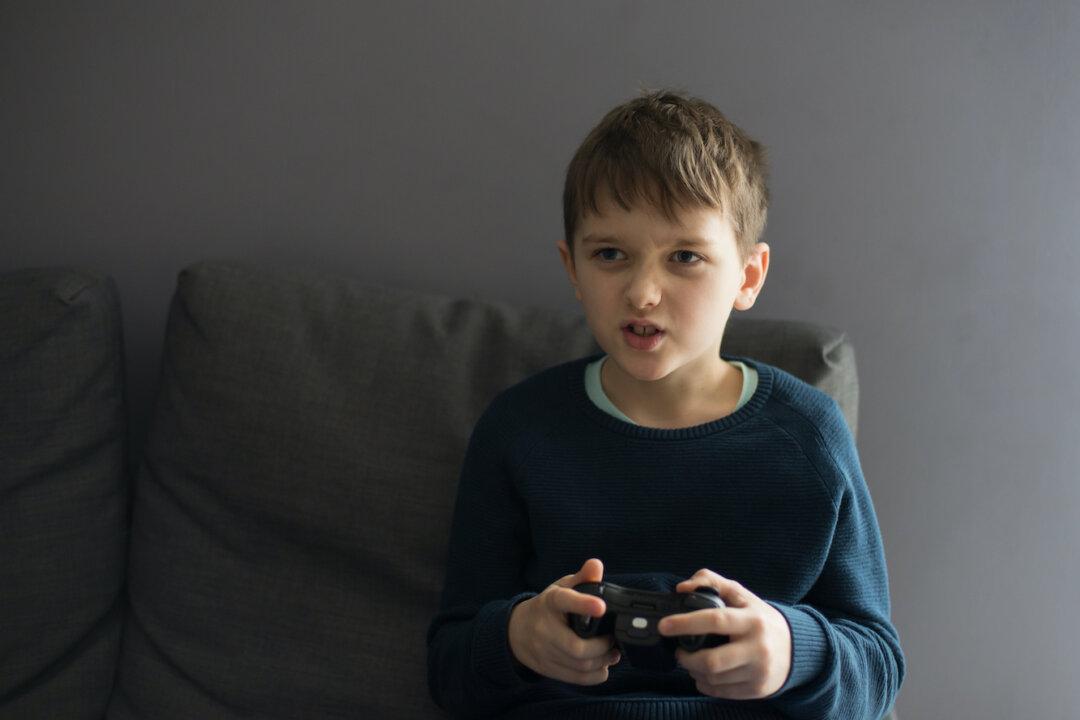Parents across the globe are struggling with what some call the biggest parenting challenge of all time: how to control a child’s overuse of addictive technology (primarily video games and social media/smartphones) in a culture in which they have constant access to it.
Teens are binging on YouTube and video games through the night, sending racy photos to people they don’t know, and seeing therapists for social media-related anxiety and depression. They are even dropping out of college due to an inability to leave the virtual world long enough to attend class.






